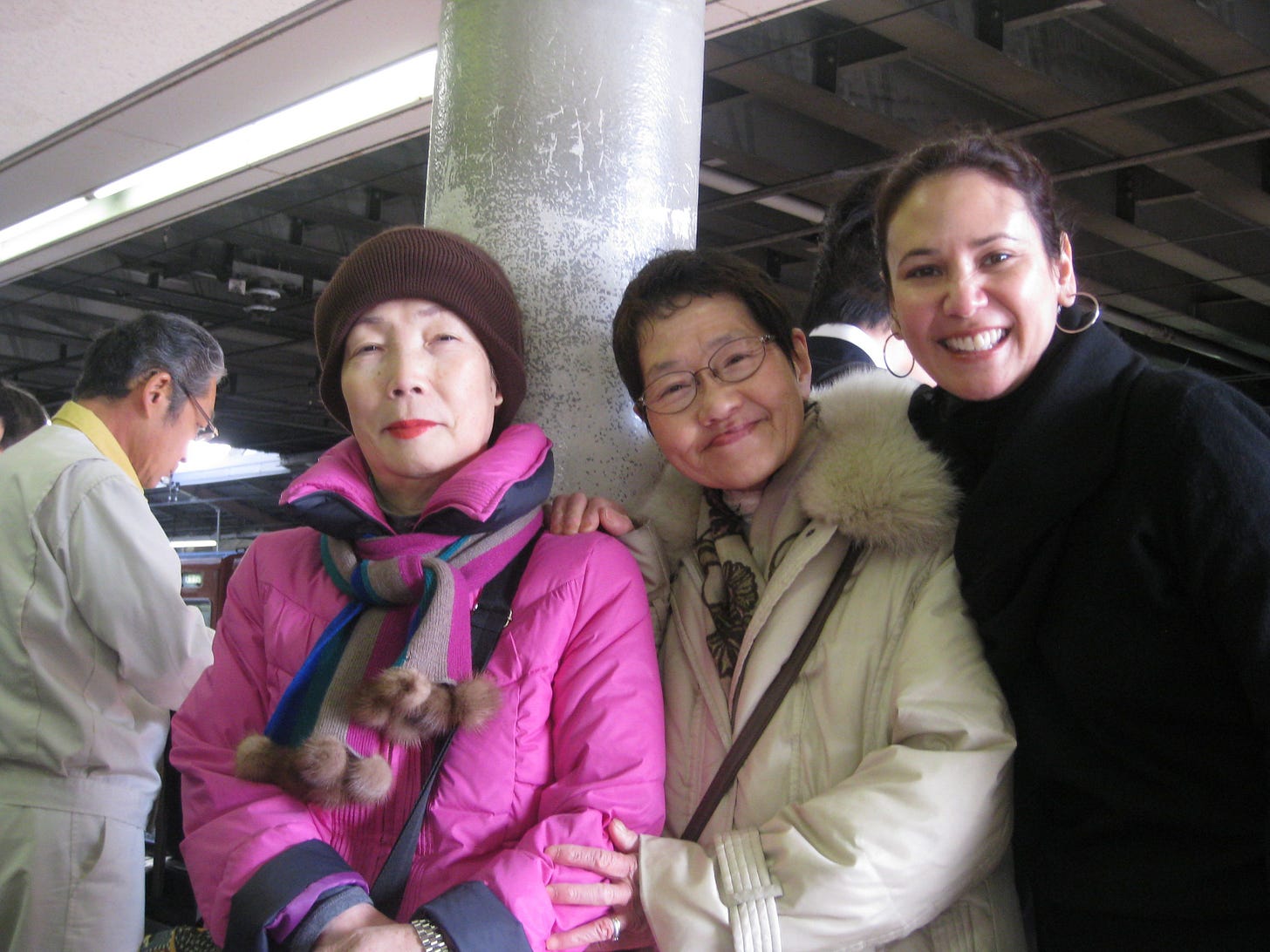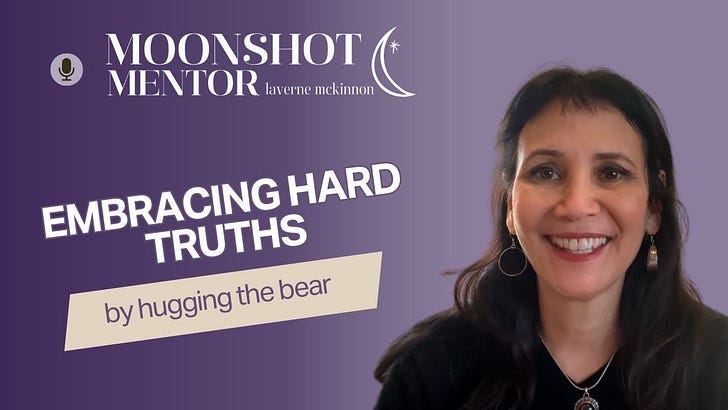We live in a world in which stressors are non stop. Combine that with a culture that values grinding away and a “never give up, never surrender” attitude and we’ve got a recipe for disaster. So if you’re feeling stuck, overwhelmed, stressed out, or helpless, your resilience may be depleted — and you’re not alone.
There are a number of factors that can negatively impact your resilience:
Loss
Fear
Insecurity
Physical Illness
Disability
Sustained hardships
These are just a smattering of a long list of factors that can suck the resilience out of you.
A lack of resilience may manifest as ruminating on problems, being short-tempered, over-eating, mood swings, isolation and unhealthy coping strategies like improper use of alcohol and drugs. Some of my clients also experience anger issues and are unable to navigate stressful situations. Stress can weaken the immune system, leading to catching cold and the flu more readily. Some of my clients fall into self-hatred when they avoid pursuing their goals.
What is Resilience?
Google defines resilience as the capacity to withstand or to recover quickly from difficulties. I really love this definition from the Resilience Center:
Resilience is the capacity each of us can develop that prepares us for life’s inevitable ups and downs and promotes positive adaptation to any situation, no matter how serious and stressful it might be.
You Can Get Your Resilience Back
The positive news is that there are a number of strategies in which you can rebuild your resilience.
Self-care. Check out this blog about how I mistook self-care for checking off boxes. It took me fainting to realize I needed to really take time to rest and relax.
Surround yourself with people who love you. This may take effort to cultivate because you may be isolating yourself due to your lack of resilience.
Learn executive functioning tools like breaking down goals into teeny-tiny action steps that are time-bound.
Practice radical acceptance. There is not a lot that we can control and yet we constantly look to change people and events. Learning to accept the hard truths that come our way clears a path to move forward.
Know and live your values and purpose. They are your North Star and will clarify your choices.
How Parents Teach Resilience
While researching resilience strategies, I found this teaching checklist created by Dr. Kenneth Ginsburg, a pediatrician specializing in adolescent medicine.
He suggests seven components of resilience parents can use to create opportunities for kids to practice.
He calls them the 7 C’s of resilience.
Competence: allow kids to have a variety of experiences.
Confidence: allow kids to try new things and cope with the challenges that will naturally arise.
Connection: allow kids to have close ties not only to their family but to their community.
Character: allow kids to listen to their own sense of right and wrong.
Contribution: allow kids to genuinely contribute and positively acknowledge their contributions.
Coping: teach and model positive coping strategies.
Control: teach kids that their choices and actions have consequences and results.
As a parent, I see the wisdom of Dr. Ginsburg’s framework. Teaching my children these seven qualities and skills would most definitely develop their resilience.
As an adult who’s continuing to learn how to replenish and find resilience, I’ve adapted the 7 C’s for my purposes:
Competence is only gained through experience. As adults, we believe that we need to be inherently competent as opposed to accepting the hard truth that we will succeed AND fail. Failing does not mean that we lack judgment or are untrustworthy. Failure means we are learning.
Confidence is accessed through courage. Check out this blog. You gain confidence by having the courage to try new things and losing the expectation that you will be immediately competent. Coming back from challenges, pitfalls, and faceplants builds knowledge that you can manage them and not die or fall apart.
Connection is accessed through knowing and celebrating your values. When you live your values, you find your people, and your people find you. Having people in your life who get you helps you navigate tough times.
Character is built through alignment with your values and actions. The hard truth is that we step on our values all the time, but with practice, we can become more consistent and be in integrity. This integrity builds self-trust.
Contribution must be self-validated in order to truly build resilience. Relying on external validation is like putting water into a gas tank - it’s not going to get you anywhere. Remember that your contributions to your community are vital for everyone’s overall well-being.
Coping is the radical acceptance that you are imperfect. So stop beating yourself up when things go wrong or bad. Say “ouch” when something stings as the first step to coping with challenging times. That open acknowledgment is critical to further taking care of yourself rather than self-soothing through denial.
Control is a fallacy. What we really have is choice. You always have a choice. You may not like the consequences of the choice, but you have one.
An Inspiration: Etsuko
Etsuko is the walking embodiment of resilience. She’s a widow in her 70s who has less than half her teeth, is legally blind, and has significant hearing loss. She also speaks multiple languages, including English, and served as a translator and guide when my husband Chuck, daughter Mitzi, and I visited my Aunt Katsuko in Osaka, Japan in 2010.
I was enthralled with Etsuko from the first moment. When Aunt Katsuko brought her to our hotel, I immediately noticed her vitality and curiosity. She walked quickly and decisively with her long cane. She immediately asked, “Ogenki des ka?” which means “How are you” in Japanese. She acted as if she was the host of the world and welcomed us as her visitors. She insisted we sit and get to know each other.
We sat in the lobby to have tea and cookies. She held the menu inches from her eyes so she could read the choices. She questioned the waitress about ingredients and flavor profiles. When our snacks arrived, she ate them with gusto – pieces flying out of her mouth in a joyous fire-worky explosion of food and spit. I normally would have been repulsed, but Etsuko had no shame or embarrassment, just delight. It was infectious.
We wanted to visit the aquarium in Osaka, but were uncertain how to get there with public transportation. Aunt Katsuko said that Etsuko knew the bus and train system well and would guide us. I was flabbergasted - how could a legally blind person lead us? Etsuko got us to our destination with no wrong turns or delays. It was easy peasy, and I was confronted with my ignorance, arrogance, and judgment of how someone with physical limitations can navigate the city.
Etsuko knew all the best places for delicious, affordable food. She brought us to a Chinese restaurant on the fifth floor of a building, down long corridors and tucked away in a corner. It was a lovely and serene restaurant with only 8 tables. We couldn't read the Japanese menu so Etsuko took control and ordered for the table, treating us with many unusual dishes catered to everyone's palate. After that meal, I was exhausted and ready to collapse. Etsuko would have kept going, but she was compassionate and delivered us back to our hotel.
On that trip, Etsuko demonstrated competence, confidence, connection, character, and contribution. She told me how despite the many hardships and losses she endured, she would find solace through staying connected with friends - they held her, supported her, and gave her protection when she was running low on resilience. She also said that her natural curiosity won out over literal and figurative stumbles. And even as her body began to fail, she loved to teach and could always find someone or someones who valued what she had to offer. We certainly did. I frequently think about her as a role model who has not allowed deeply challenging obstacles stop her from living her values and purpose.


BOTTOM LINE
The key to rebuilding resilience is to acknowledge that your reserves are low and that you need to stop muscling through. Grit is not grinding away. True grit is radical acceptance of hard truths, hugging the bear, and granting yourself grace and compassion. (Check out a blog I wrote about this.)
Give yourself permission to grieve setbacks, disappointing news, and unfulfilled dreams. Unprocessed failures and a lack of grief work can lead to a loss of resilience.
When you're feeling like you're stuck in quicksand, overwhelmed by life's demands, or just plain exhausted, your resilience tank might be running on empty. Loss, fear, insecurity, physical illness, and sustained hardships can all chip away at our ability to bounce back. When our resilience dips, it can show up in a variety of ways—ruminating on problems, turning to unhealthy coping mechanisms, feeling short-tempered or isolated, and even struggling with anger or self-doubt.
But there's the good news: resilience isn't a fixed trait—it's something we can cultivate and rebuild, brick by brick. Whether it's through self-care practices, surrounding ourselves with supportive folks, or learning to break down big goals into manageable steps, there are paths to replenishing our inner strength. And just like parents can nurture resilience in their children through Dr. Ginsburg's 7 C's, we adults can adapt those principles to our own lives.
There's nothing broken about needing extra support. So let's roll up our sleeves, re-parent ourselves with kindness, and reclaim our resilience, one courageous step at a time.
JOURNAL PROMPTS
Here are five journal prompts to help you dive deeper into understanding resilience and how to rebuild it:
1. Reflect on a recent experience where you felt your resilience tested. What were the specific challenges you faced, and how did you respond to them? Did you notice any patterns in your coping mechanisms or thought patterns during this time?
2. Consider the concept of radical acceptance discussed in the blog. Are there any aspects of your life or circumstances that you've been resisting or struggling to accept? How might practicing radical acceptance help you navigate these challenges more effectively?
3. Think about Dr. Ginsburg's 7 C's of resilience, both in the context of parenting and your own adult life. Which of these components do you feel strongest in, and which could use some attention or development? How might you incorporate these qualities into your daily routine or mindset?
4. Take a moment to identify a role model or inspiration for resilience in your own life, similar to Etsuko in the blog. What qualities or characteristics do they embody that you admire? How might you draw upon their example to bolster your own resilience during difficult times?
5. Reflect on the idea of re-parenting yourself to rebuild resilience. What self-care practices or strategies have you found most effective in nurturing your mental and emotional well-being? Are there any areas where you could show yourself more compassion or grace? How might you incorporate these insights into your self-care routine moving forward?
🙌🏾 Questions? Would you like additional support in accessing resilience? I offer private coaching sessions as well as in-person and virtual group work. Reach out directly here to set up a complimentary consultation.
If you’re resonating with what you’re reading, please consider subscribing. What’s that mean?
🙌🏾 You’ll receive regular emails (with lots of heart and a bit of humor) that share a tool or insight from my coaching practice.
🙌🏾 Typically the blog and blogcast will have a question at the end to provoke thought that supports you in your growth.
🙌🏾 Updates on offerings, free stuff, recommendations, referrals.


















Share this post